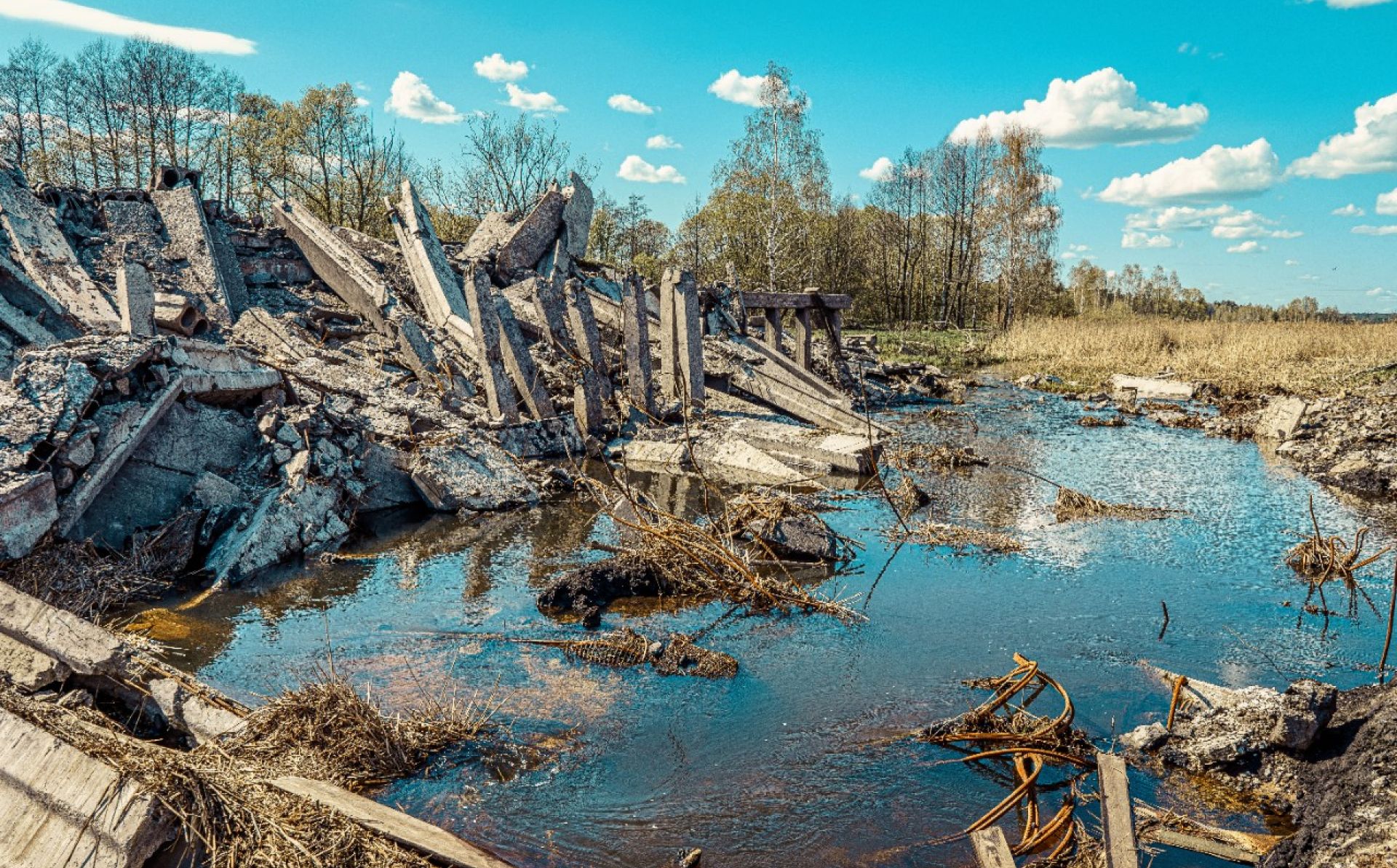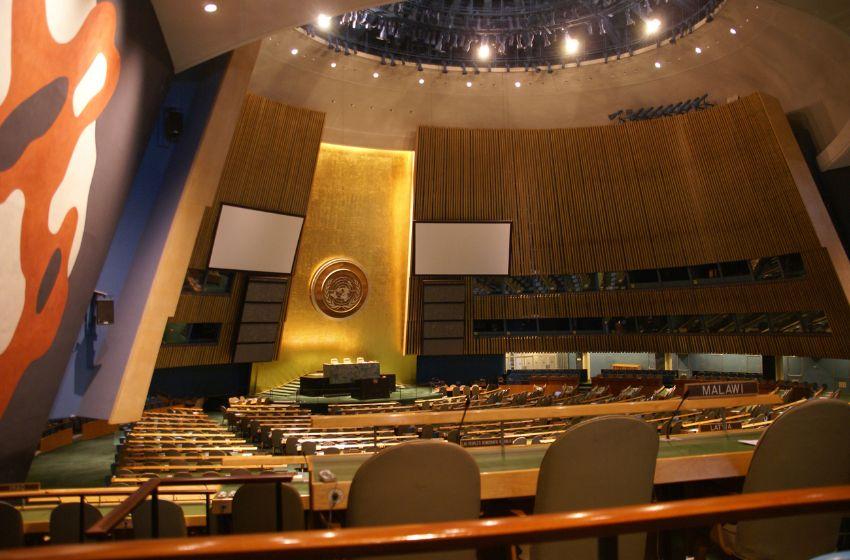The war has a destructive impact on the environment, and its consequences can be felt not only by us but also by future generations. Military actions lead to the deterioration of ecosystems and natural resources even after their cessation, affecting the well-being of the state and society.
As a result of Russian armed aggression to date:
- 812 objects of natural reserve fund covering a total area of 0.9 million hectares have been affected.
- 2.9 million hectares of areas within the Emerald Network are under the threat of destruction – these are 160 territories that are part of the nature conservation network of Europe and are protected under EU and Council of Europe legislation.
- 17 international wetlands (protected under the Ramsar Convention) that are recognized for their unique biodiversity are at risk.
- 514 objects of the natural reserve fund covering an area of 0.80 million hectares remain occupied.
- Almost completely destroyed are two international wetlands: "Archipelago Velyki and Mali Kuchugury" and "Zaplava Sim Mayakiv."
- The entire reserved zone (1588 ha) of the most valuable steppe area in the Dzharylgach National Nature Park has been damaged.
- Places of existence of species of flora and fauna listed in the Red Book of Ukraine, the European Red List of threatened species of animals and plants at a global level, have been affected.

This list and the scale of losses may continue to grow, as some territories in Ukraine are still experiencing ongoing hostilities, while others remain under occupation or await demining.
Today, on the International Day for Preventing the Exploitation of the Environment in War and on every day, we urge everyone who shares our goals to join us in preserving biodiversity. Together with WWF-Ukraine, we continue our efforts to restore environmental stability in Ukraine.





















